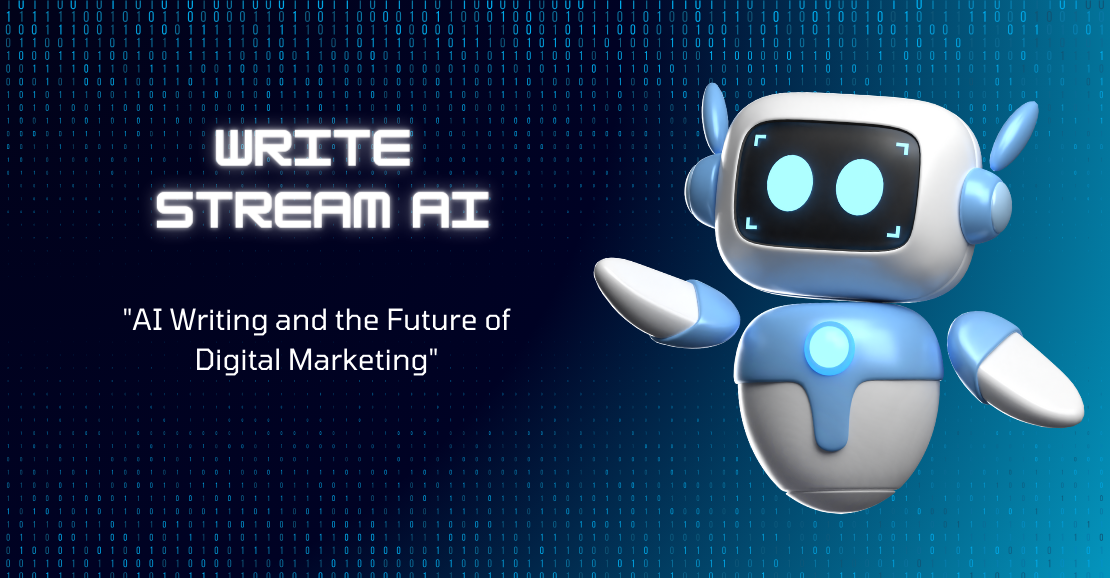In recent years, Artificial Intelligence (AI) has made remarkable strides in various industries, and the world of digital marketing is no exception. AI writing has emerged as a game-changing technology that has revolutionized the way businesses create content and interact with their audience. Its impact on the future of digital marketing cannot be ignored, and businesses that fail to adopt this technology risk being left behind in the fiercely competitive digital landscape.
AI writing, also known as natural language generation (NLG), is the process of using algorithms and machine learning to automate the creation of written content. This technology has come a long way from basic grammar and spell checking to now being able to generate complex and engaging content that is almost indistinguishable from that written by humans. From news articles and product descriptions to social media posts and email marketing, AI writing has the ability to generate high-quality content at a scale and speed that humans simply cannot match.
So, what does this mean for the future of digital marketing? For starters, it means that businesses can save considerable time and resources by automating their content creation process. With AI writing, businesses can produce a large volume of quality content in a fraction of the time it would take a human writer. This means that businesses can focus on other aspects of their marketing strategy, such as analyzing data and creating effective campaigns, while leaving the content creation to AI.
Furthermore, AI writing has the potential to significantly improve the personalization and targeting of content. By analyzing vast amounts of data, AI can generate content that is tailored to specific audiences, making it more relevant and engaging for consumers. This, in turn, can lead to higher conversion rates and improved brand loyalty. AI can also optimize content for different platforms and devices, ensuring that the content reaches the right audience in the right format.
Moreover, AI writing has the ability to enhance the accuracy and consistency of content. By using natural language processing (NLP), AI can detect errors, fill in missing information, and ensure that the tone and style of the content remain consistent. This is particularly useful for businesses that have multiple writers creating content as it ensures a unified brand voice across all platforms.
However, with every technological advancement, there are also concerns and challenges that arise. One of the main concerns surrounding AI writing is the fear that it will replace human writers. While AI is certainly capable of producing high-quality content, it cannot replicate the creativity and emotion that human writers bring to their work. It is important for businesses to strike a balance between AI and human writers to achieve the best results.
Another challenge for businesses is the potential bias that can be present in AI writing. As AI is programmed by humans, it can reflect the biases and stereotypes that exist in society. This can have negative consequences for a brand's reputation and credibility if not monitored closely.
In conclusion, AI writing is set to play a crucial role in the future of digital marketing. Its ability to produce high-quality, personalized and consistent content at a scale and speed that humans cannot match will undoubtedly give businesses a competitive edge in the digital landscape. However, it is important for businesses to carefully consider the ethical implications and use AI writing as a tool to complement human efforts rather than replace them. Only then can businesses truly reap the benefits of this innovative technology and stay ahead in the rapidly evolving world of digital marketing.























Write your comment
Cancel Reply